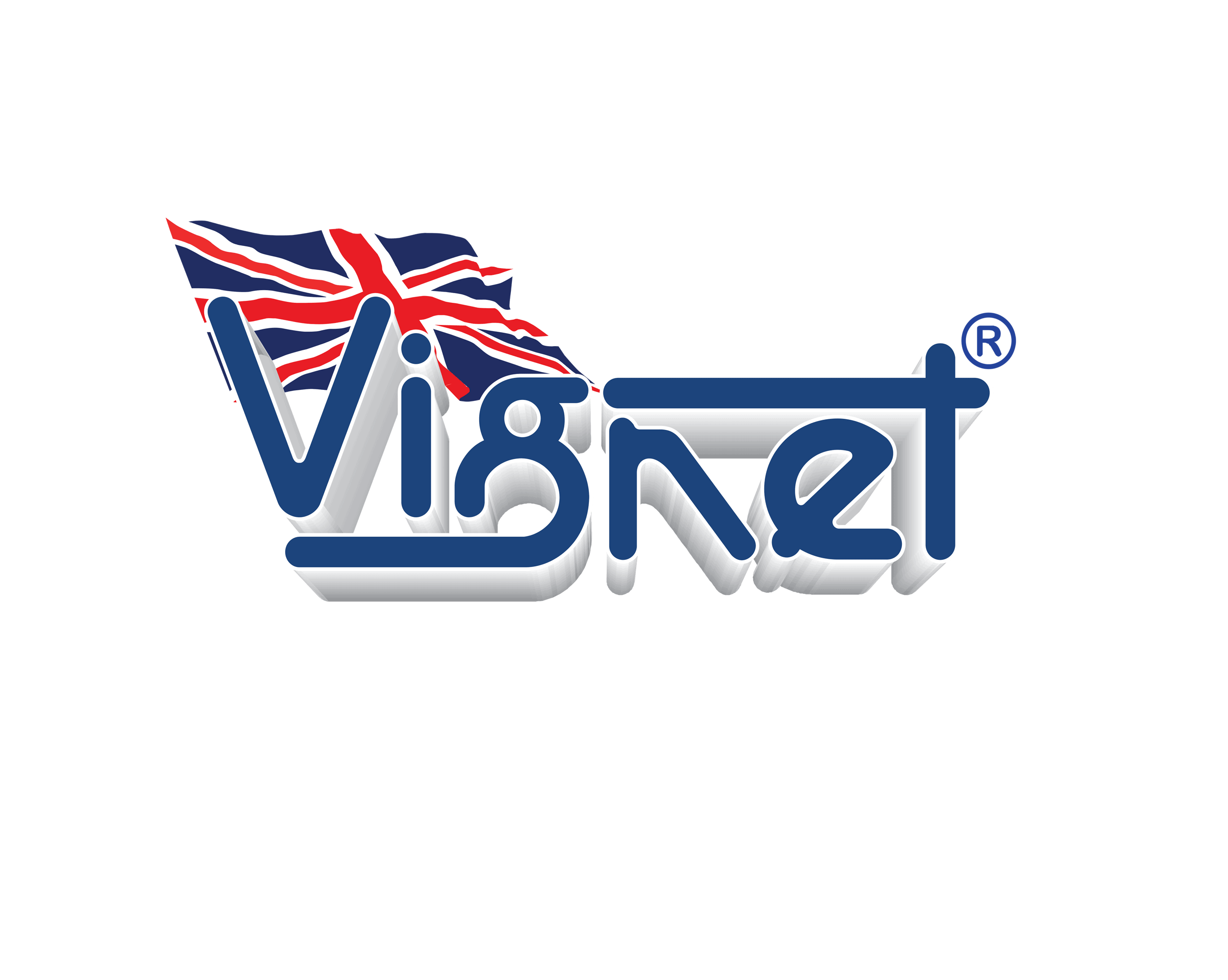Introduction
 Medication addiction is a complex and pervading problem that affects people, people, and communities global. It is characterized by the compulsive use of drugs despite their harmful consequences. Medicine addiction is a global problem that transcends cultural, personal, and financial boundaries, affecting people of all ages, events, and experiences. This report is designed to provide a brief overview of drug addiction, highlighting its factors, results, and feasible solutions.
Medication addiction is a complex and pervading problem that affects people, people, and communities global. It is characterized by the compulsive use of drugs despite their harmful consequences. Medicine addiction is a global problem that transcends cultural, personal, and financial boundaries, affecting people of all ages, events, and experiences. This report is designed to provide a brief overview of drug addiction, highlighting its factors, results, and feasible solutions.
Causes of Drug Addiction
Different factors subscribe to the development of drug addiction, including genetic, environmental, and behavioral elements. Genetics are likely involved in determining an individual’s susceptibility to addiction. Analysis suggests that certain genetic aspects could make particular people more prone to getting dependent on medications. Environmental facets, such as for instance contact with substance abuse in the family members or neighborhood, also perform an important role. Furthermore, emotional and personal elements, including tension, mental health dilemmas, and peer pressure, can play a role in addiction.
Effects of Drug Addiction
Medication addiction features serious repercussions on individuals and community as a whole. At an individual amount, drug addiction can considerably impair your real and psychological state. Drug abuse may cause chronic conditions, including liver and lung harm, heart related illnesses, and a heightened risk of infectious diseases like HIV/AIDS. Moreover, medication addiction usually causes mental disorders particularly despair, anxiety, and psychosis. Additionally, addiction can strain private connections, cause monetary instability, while increasing the chances of criminal participation.
On a broader scale, drug addiction places a large burden on culture. It impacts healthcare methods, as addiction-related medical treatments and rehab programs tend to be expensive. Also, medicine addiction plays a role in increased criminal activity prices, as individuals risk turning to unlawful activities to sustain their particular addiction. Additionally, drug-related accidents and weakened output hinder economic growth and development.
Feasible Solutions
Handling drug addiction requires a thorough and multi-faceted strategy. Prevention efforts should concentrate on training and increasing understanding about the potential risks of substance abuse. Effective methods include school-based prevention programs, community awareness campaigns, and specific interventions for vulnerable populations.
In addition, therapy and rehab options must certanly be made available and inexpensive to all the those experiencing medication addiction. This calls for establishing thailand alcohol rehab (http://Rvregister.com/__media__/js/Netsoltrademark.php?d=jintararehab.com) centers, providing counseling and therapy, and guaranteeing the availability of medication-assisted therapy techniques such as for example methadone or buprenorphine. Support sites and aftercare programs will also be crucial in making sure long-term recovery.
Additionally, there is a necessity for stricter regulation and control in pharmaceutical business to prevent the abuse of prescribed drugs. Making sure the availability of alternative pain administration techniques can reduce steadily the reliance on opioids, decreasing the threat of addiction.
Conclusion
Medicine addiction is a complex problem with powerful effects for people and culture. Its factors are multi-faceted and require numerous ways to avoidance and therapy. By increasing understanding, improving knowledge, increasing use of therapy, and applying stricter regulations, society usually takes considerable measures toward reducing the prevalence and impact of drug addiction. Combating medication addiction necessitates collective attempts from governing bodies, health experts, communities, and folks to mitigate its impacts and supply help to those affected.
